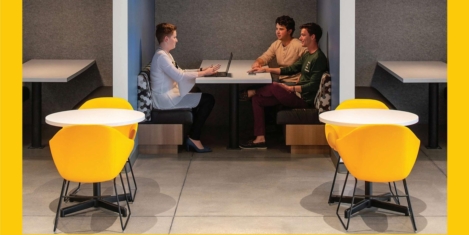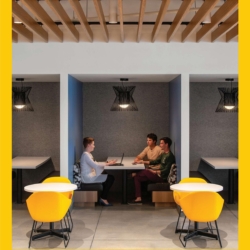March 7, 2024
UK businesses risk losing out on top female talent due to ability to support hybrid and flexible working
 Ahead of International Women’s Day, new data from Ricoh Europe claims that UK and Irish businesses risk losing out on top female talent due to an inability to support workplace flexibility, exacerbated by a lack of technology and fit-for-purpose people policy. The research, conducted by Opinium and analysed by CEBR on behalf of Ricoh Europe, polled 1,000 workers and 250 decision-makers across the UK and Ireland. Insights reveal a significant gender gap in the desire for flexibility and hybrid working arrangements. While both genders see benefits, 10 percent more women, over half (51 percent), agree that hybrid working improves their work-life balance, compared with only 39 percent of men. In addition, 40 percent of women actively seek employers offering hybrid models, a higher percentage than men. (more…)
Ahead of International Women’s Day, new data from Ricoh Europe claims that UK and Irish businesses risk losing out on top female talent due to an inability to support workplace flexibility, exacerbated by a lack of technology and fit-for-purpose people policy. The research, conducted by Opinium and analysed by CEBR on behalf of Ricoh Europe, polled 1,000 workers and 250 decision-makers across the UK and Ireland. Insights reveal a significant gender gap in the desire for flexibility and hybrid working arrangements. While both genders see benefits, 10 percent more women, over half (51 percent), agree that hybrid working improves their work-life balance, compared with only 39 percent of men. In addition, 40 percent of women actively seek employers offering hybrid models, a higher percentage than men. (more…)




































